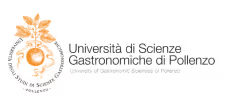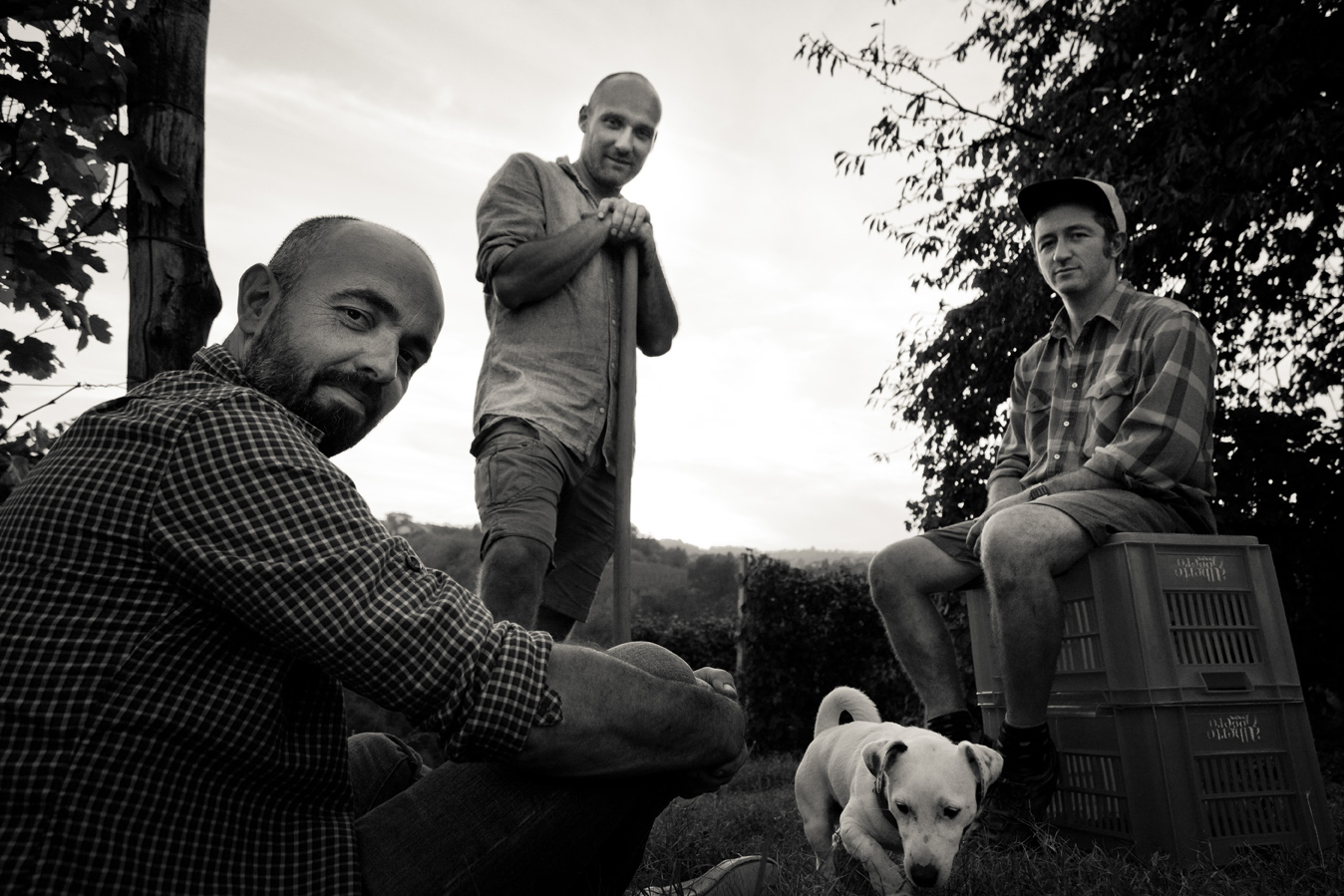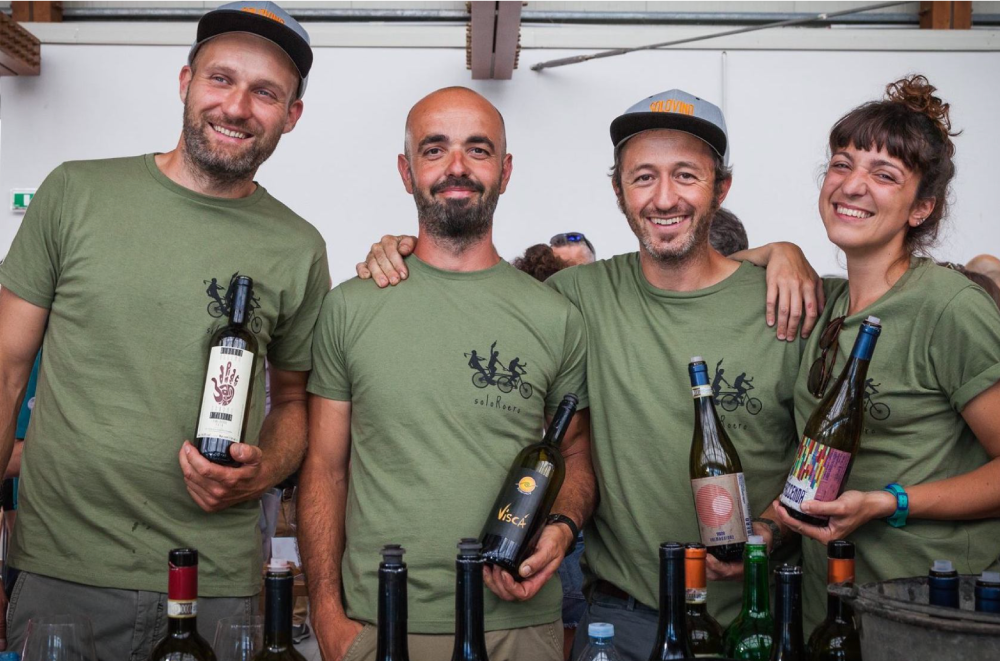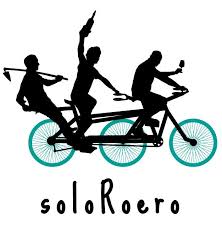“Life on Gaia is a chorus of contrasts and assonances and the soloists are only a fiction” (Favole, 2022)
• Enhance and protect the territorial identity of Roero, through the shared cultivation and promotion of native Arneis and Nebbiolo wines.
• Demonstrate the sustainability and strength of an economy based on sharing
Soloroero is an association, a collective, of winemakers, consisting today (2025) of farms Cascina Fornace (Saint Stephen Roero), Valfaccenda and Alberto Oggero (Channel), in the province of Cuneo.
It was created to make the 'common need' to have resources, information and labor available an opportunity to share, reduce economic spending and to combat the overproduction of goods.
SoloRoero is a project that is based on the principles of mutual aid and reciprocity, to demonstrate that companies that know how to dialogue and work in groups bring added value to the individual. Mutual support is essential, since the three production companies, together, represent a medium-sized winery in their territory, creating critical mass on the market.
The common goal of winemakers is the enhancement of Roero, with the production of deeply territorial wines (Arneis and Nebbiolo), following methods attentive to human health and the environment and transforming the concept of individual ownership into that of shared use.
They share:
- agricultural labor
- equipment for working in the vineyard and cellar (bottling machines, brushcutters, tractors, floats, transfer pumps and other tools),
- advice, best practices
- the organization of an annual event (Solovino)
- a deep relationship of friendship (above all)







